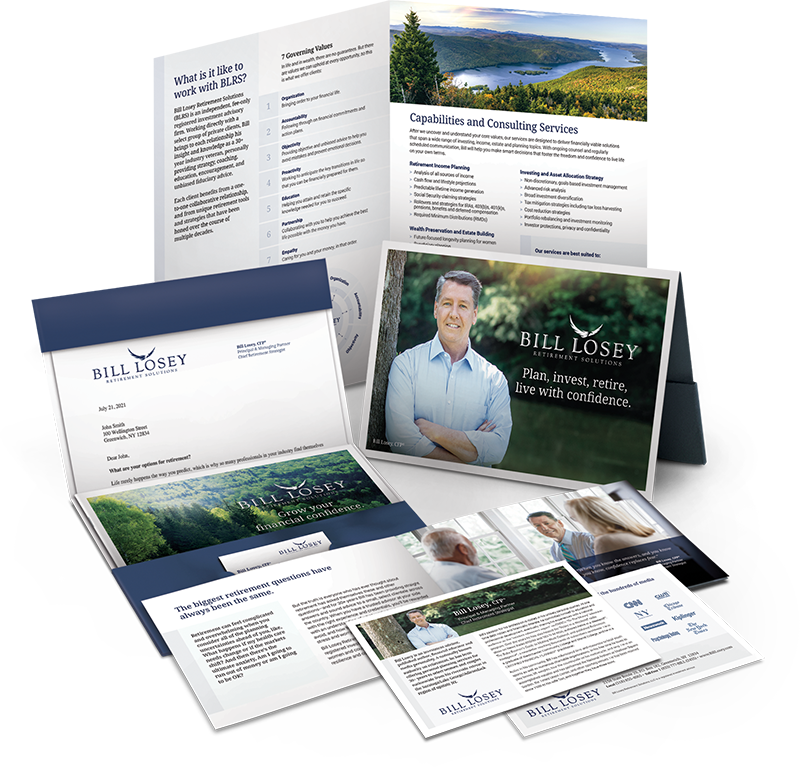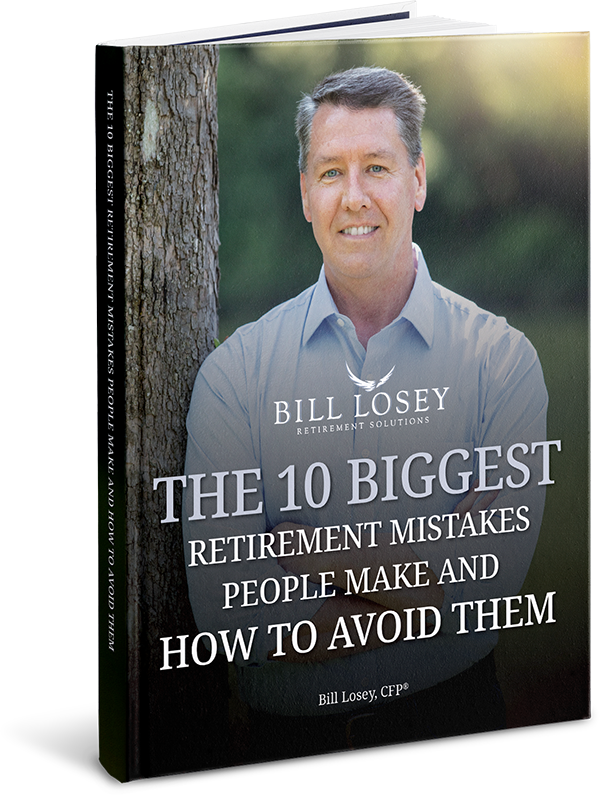Should You Take Money Out Of Your 401(k)?
Most retirement experts strongly advise their clients not to touch their retirement savings until they actually retire. Other financial advisors disagree, saying that in certain circumstances, you can dip into your retirement nest egg with few long-term consequences. Does it make sense to dip into your retirement savings account, or should you consider that option only as a last resort?
According to Scott Sonnier, President and Chief Investment Officer of Financial Management Services of America, “the majority of people borrow from their 401(k) for the wrong reasons. If there is a hardship or an emergency, then we allow for it. We don’t want people accessing their money for vacation or a social function.”
Borrowing money from a company-sponsored 401(k) savings plan is similar to taking out a short -term loan. The largest provider of 401(k) plans, Fidelity Investments, reports that the number of people borrowing from their 401(k) retirement accounts has increased recently.
Most plans allow you to borrow up to half of your 401(k) balance or $50,000, and generally require repayment of the loan within 5 years. All loans require that you pay interest, but there are no penalties or taxes paid on the income received from the loan.
The biggest drawback on taking a loan from a company 401(k) account is that an employee is required to pay back the entire loan within 30 or 60 days if they leave the company for any reason. If the loan is not repaid within the specified deadline after leaving the company, they will have to pay an early withdrawal penalty and additional taxes on the remainder of the loan.
Borrowing money from a retirement account for a new car or buying stocks is not the best way to pay for those purchases. Taking a loan only makes sense if you have exhausted your emergency funds and are able to pay the loan back quickly.
Dipping into a retirement savings account means that an employee is not taking full advantage of the plan’s tax-deferral and achieving the maximum growth potential from their money. In most cases, in my opinion, it makes most sense to leave the retirement savings untouched and allow it to grow and compound as long as possible.


